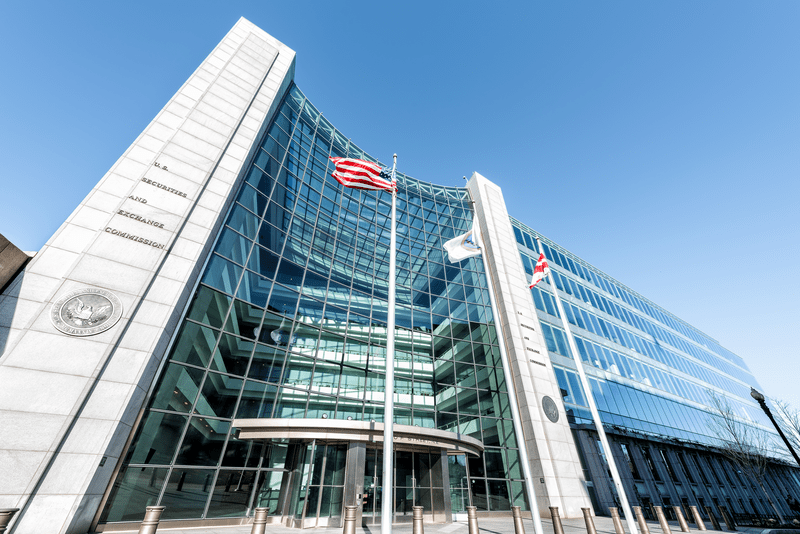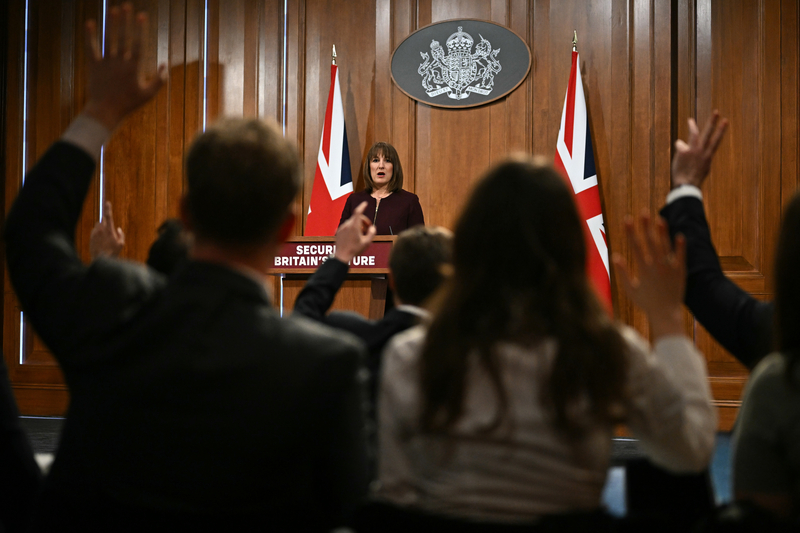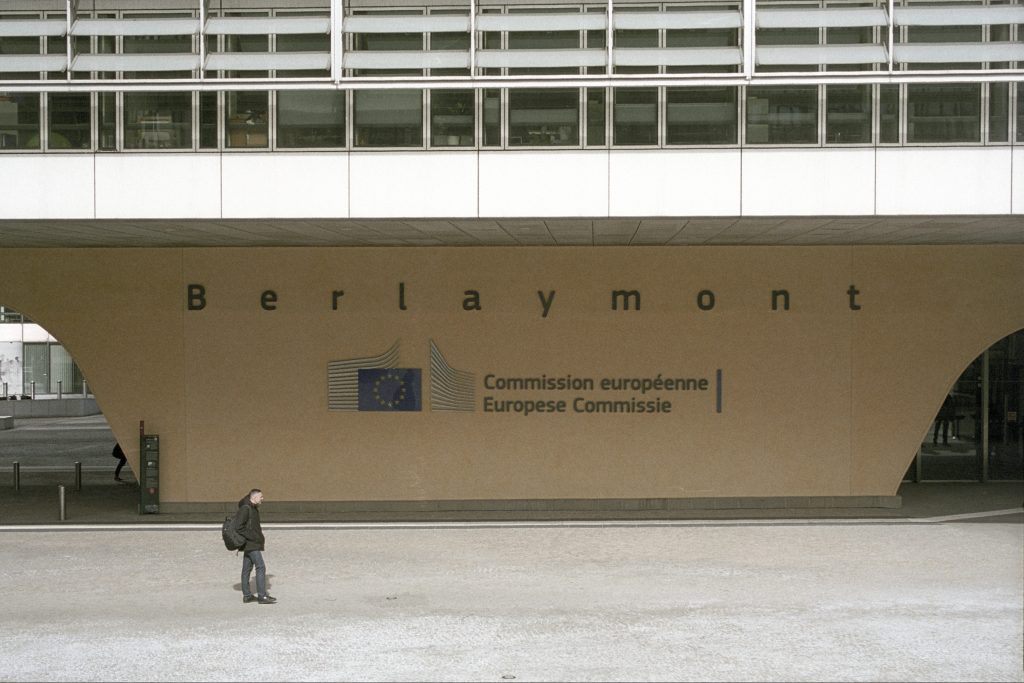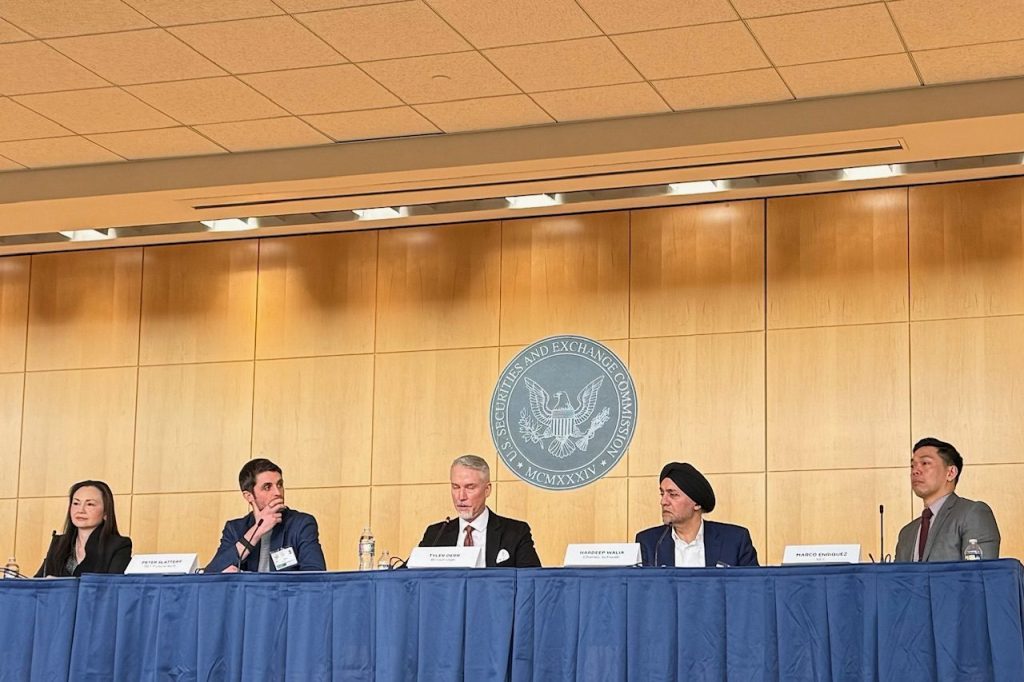Social media influencers are being told “if in doubt, don’t promote” in a new joint campaign by UK regulators the FCA and the Advertising Standards Authority (ASA).
The regulators have teamed up with Sharon Gaffka, former star of global reality TV show Love Island, to educate so-called finfluencers about the pitfalls of promoting financial products.
Growing concern about high-profile figures promoting complex financial products to their huge online audiences has led to a number of celebrities including Kim Kardashian, US basketball star Paul Pierce and reality TV star and model Jodie Marsh being sanctioned. And regulatory bodies across the world are taking a tough stance.
“When you leave a show like Love Island, you are bombarded with opportunities to promote products and work with brands.”
Sharon Gaffka, celebrity influencer
“We’ve seen more cases of influencers touting products that they shouldn’t be,” said Sarah Pritchard, the FCA’s Executive Director, Markets. “They are often doing this without knowledge of the rules and without understanding of the harm they could cause their followers.”
“We want to work with influencers so they keep on the right side of the law, as this will also help protect people from being shown scams or investments that are too risky.”
Gaffka said: “When you leave a show like Love Island, you are bombarded with opportunities to promote products and work with brands, if like me, you’re new to this kind of work, it can be a little bit overwhelming.”
“This campaign with the FCA and ASA will hopefully make sure other influencers stay on the right side of the law.”
The FCA and ASA have created an at-a-glance infographic to help influencers assess whether to accept opportunities presented to them.
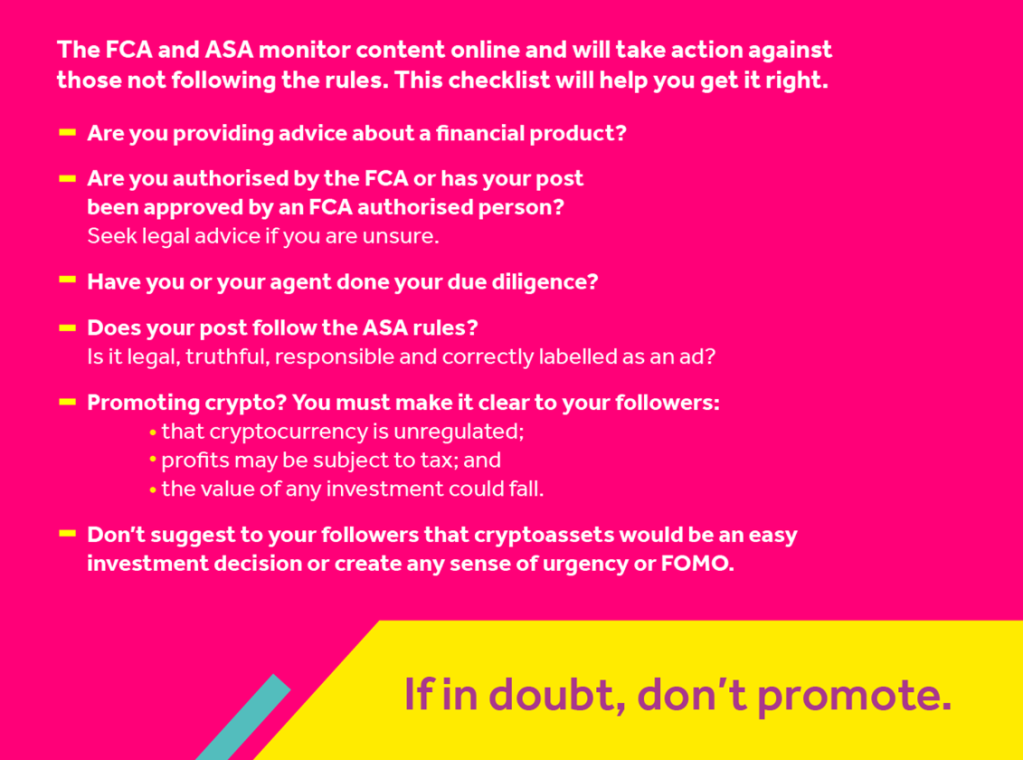
The FCA’s recent annual financial promotions report revealed the regulator intervened to amend or withdraw 8,582 promotions during 2022, up 14 times on 2021’s figure. The UK’s CMA last year called for powers to fine influencers who fail to clearly indicate when posts are paid for by advertisers, calling the practice “endemic marketwide problem”.
In December 2022, the SEC and DOJ charged eight social media influencers in an alleged $100m stock pump-and-dump scheme. The action was one of the most high-profile of a year that also saw top influencer Kim Kardashian fined $1.26m for a single Instagram post urging followers to buy a near-worthless crypto.
Also in December, India’s consumer Affairs Ministry said it would impose fines of up to Rs 50 lakh ($60,000) on influencers who failed to clearly mark paid promotions.
“Consumers often rely on reviews and testimonials when making purchases, but misleading endorsements can be very harmful.”
Gina Cass-Gottlieb, Chair, ACCC
In January 2023, the Australian Competition and Consumer Commission (ACCC) announced a crackdown on “dishonest posts” on social media platforms, warning that influencers faced fines of up to AUS$500,000 ($330,000) for breaking Australian consumer law.
ACCC chair Gina Cass-Gottlieb said: “With more Australians choosing to shop online, consumers often rely on reviews and testimonials when making purchases, but misleading endorsements can be very harmful.
“It is important social media influencers are clear if there are any commercial motivations behind their posts. This includes those posts that are incentivised and presented as impartial but are not.”
Prison sentences
Last month, France’s Directorate-General for Competition, Consumer Affairs and Fraud Prevention (DGCCRF) said it would impose fines of up to €300,000 ($328,000) and prison sentences of up to two years on influencers who did not comply with regulations. The regulator’s research found that 60% of the agencies and influencers it examined who promoted online trading and betting, cosmetics, food supplements and slimming programs did not comply with advertising rules.
It defines influencer marketing as: “A marketing technique which relies on the endorsement of information by trusted individuals within small communities or networks based on mutual trust and repeated interactions”.
In Turkey, the Commerce Ministry’s Advertising Board fined actress and influencer Gamze Erçel 155,712 Turkish Lira ($8,000) for not clearly marking her posts as brand endorsements, and took action against actress Sedef Kasabah and singer Gülben Ergen.


